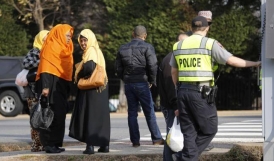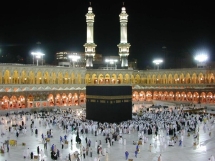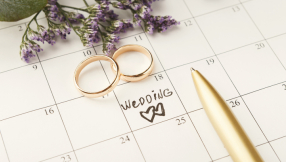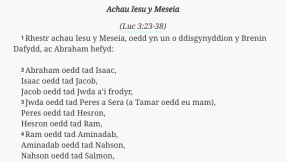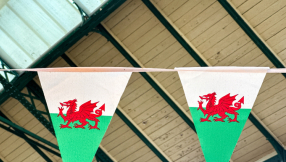Former U.S. State Secretary Hillary Clinton and business tycoon Donald Trump may be drawing a lot of supporters for their respective candidacies for the White House, but in terms of being religious, they apparently don't have that many fans.
On Wednesday, the Pew Research Center released results of its recent survey, referenced as "Faith and the 2016 Campaign," which revealed that some of the leading U.S. presidential aspirants are not perceived by American voters as intensely religious individuals.
Republican presidential front-runner Trump, who identified himself as a Presbyterian, was perceived by 60 percent of the 2,009 survey respondents as not too or not at all religious.
Only 30 percent of the poll participants said they considered Trump, who earlier called the Holy Bible as his favourite book, as somewhat or very religious.
Trump's rivals for the Republican nomination were seen as more religious by the survey participants.
Retired neurosurgeon Ben Carson, who identified himself as a Mormon, was perceived by the highest number of respondents—68 percent—as somewhat or very religious. Only 11 percent expressed doubts on Carson's spirituality.
Texas Senator Ted Cruz and Florida Senator Marco Rubio also received high marks in terms of their perceived religiosity, garnering 65 percent and 61 percent of the respondents, respectively.
Clinton, the current top choice among Democratic presidential candidates, also did not fare too well when it comes to perception of religiosity.
Forty-three percent of those who answered the Pew survey thought the former first lady, who identifies herself as a Methodist, was not too or not at all religious.
Some 48 percent of the respondents meanwhile perceived her as somewhat or very religious.
The same survey also showed that 40 percent of Americans think candidates for the White House race were showing too little expression of religious faith and praying not too often.
Only 27 percent of those survey said there has been too much religious talk by politicians.










